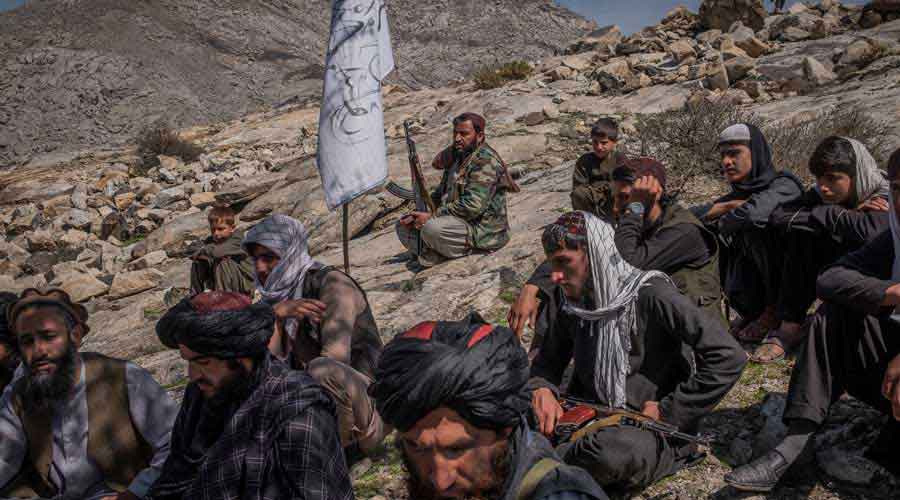For nearly three decades, India has carefully avoided any public engagement with the Taliban whom it has seen solely through the lens of the support that the Islamist militants have received from Pakistan’s intelligence services. That changed last week when a senior Indian diplomat, J.P. Singh, visited Kabul and formally met senior leaders of the group of fighters that has, once again, taken control of Afghanistan. The visit marks a dramatic shift: India’s few previous interactions with the group have been shrouded in secrecy, with New Delhi keen to avoid the impression that it was talking to the militants. By acknowledging the visit of its delegation, New Delhi has accorded a legitimacy to the Taliban that would have earlier been unthinkable for India, even though New Delhi has not formally recognised the group’s government. Officially, Mr Singh’s mandate was limited to coordinating with the Taliban to facilitate Indian humanitarian aid and trade through Afghanistan, but the message was clear: New Delhi is ready to work with the Islamists, even if some of their brutal practices at home are hard to stomach for India.
This new openness is a tacit acknowledgement of the failings of New Delhi’s traditional approach to the group — and of the changed dynamics in South Asia and beyond. In the 1990s, when the Taliban first came to power, India shut its embassy in Kabul and effectively withdrew from Afghanistan. But that only allowed Pakistan to entrench itself in Afghanistan as a de facto power behind the scenes, as the world saw during the hijacking of IC-814 in 1999 by terrorists who directed the Indian flight to Kandahar. While the United States of America, Russia, China and Iran pivoted from treating the Taliban as enemy to building relations with it in recent years, New Delhi remained inflexible, leaving it with little leverage when the militants returned to power. But recent border tensions between the Taliban and Islamabad have underscored that this time around, the fighters will not be satisfied with being mere proxies of Pakistan. This has created an opportunity for India to explore a new equation with the Taliban based on pragmatism — not values. Dealing with the group comes with risks: Pakistan still wields influence over its leaders and Taliban rule could see the return of terrorist outfits like the al Qaida. But India cannot afford to repeat its mistakes from the 1990s. The world has changed. India must too.











